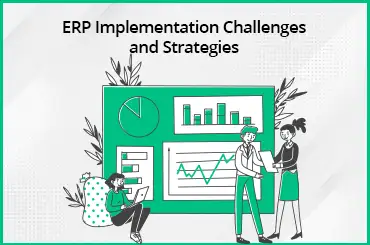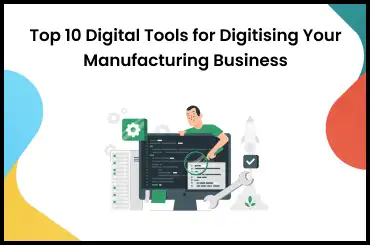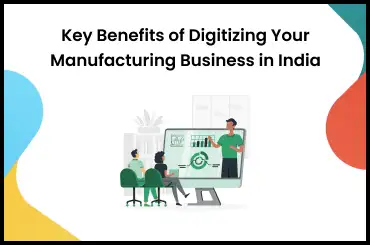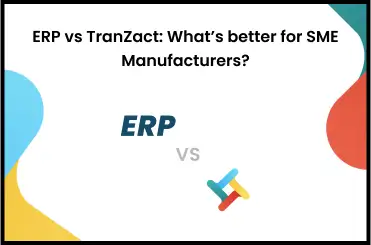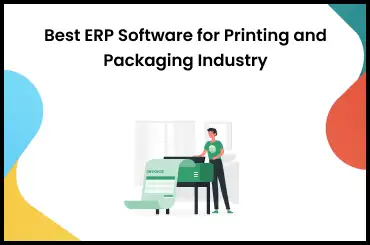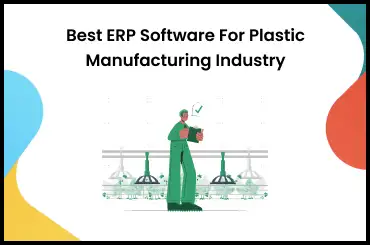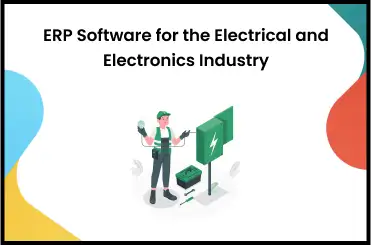An expense management software equips businesses to automate otherwise manual calculations that can be time-consuming, error-prone, and resource-consuming.
This powerful expense tool can revolutionize your expense management practices, from maximizing cost savings to improving financial working.
In this article, we will delve into the advantages of expense management software and discover how it can boost your organization's financial control and productivity.
Why Is Expense Management Software Important?
Simplify T&E (travel and expenses) operations, increase productivity, and boost your company's bottom line with automated daily expense manager software. This powerful tool revolutionizes the expense management process and enables you to bid goodbye to paper forms and sales slips.
With the software, employees can effortlessly submit expense reports and corresponding documentation. They can easily create photos or receipts scans directly from their computers, tablets, or smartphones.
In today's world of remote work and geographically dispersed teams, efficient expense submission and reimbursement are essential. As collaboration tools enhance the remote working experience, the number of employees working from home is expected to rise.
That's why your company needs a streamlined solution, such as travel and expense management software. This software empowers employees to submit expenses and receive reimbursement at any time, whether they're at home or on the go. No more hassle or delays in reimbursement-cash quickly finds its way back into employees' bank accounts, eliminating frustration.
9 Benefits of Expense Management Software
Here are the top 9 benefits of expense management software:
1. Efficiency and Simplifying of Processes
Expense management software automates and streamlines the expense reporting process, eliminating manual tasks and paperwork. It leads to faster processing times and simplifies the overall workflow for employees.
2. Faster Employee Reimbursement
Automated software allows employees to submit their expenses digitally, leading to quicker reimbursement. It improves cash flow and ensures employees are promptly reimbursed for their expenses, boosting their satisfaction.
3. Fewer Delays and Errors
Automated systems reduce the chances of errors and delays commonly associated with manual expense processes. Expense management software for a small business validates data, enforces policy compliance, and ensures accurate calculations, resulting in fewer mistakes and quicker turnaround times.
4. Increased Operational Efficiency
Expense management software optimizes resource allocation and reduces administrative burdens. Automating repetitive tasks allows employees to focus on more strategic activities, enhancing overall operational efficiency.
5. Expense Policy Enforcement
The software enables organizations to enforce expense policies consistently. It automatically checks expense claims against predefined rules, ensuring compliance and preventing fraudulent or non-compliant expenses.
6. Improved Visibility
Expense management software provides real-time visibility into expense data, allowing organizations to gain insights into spending patterns, budget allocation, and potential cost-saving opportunities. This visibility helps in making informed financial decisions and optimizing expenses.
7. Enhanced Fraud Prevention
Automated systems include built-in fraud detection mechanisms. They flag suspicious expenses and irregularities, reducing the risk of fraudulent activities and protecting the organization's financial resources.
8. Simplified Reporting
Expense management software generates comprehensive reports summarizing expense data, making it easier for finance teams to analyze and present expense-related information. It simplifies reporting processes and aids in financial analysis and decision-making.
9. Increased Compliance
Expense management software improves compliance with internal policies and external regulations by automating expense processes and enforcing policy rules. It ensures expenses are accurately recorded, documented, and auditable, reducing compliance risks and potential penalties.
Organizations can optimize their expense management practices and drive financial control and productivity by adopting such a system.
Choosing an Expense Management System
Keeping these considerations in mind will help you implement the best expense management software for your business:
- Begin with a comprehensive discovery and planning phase. Define your system requirements based on detailed expense management workflows. Research and select a suitable software solution, considering whether an on-premises or software-as-a-service (SaaS) option fits your business.
- Inquire about the cost structure of the expense management software. Assess the expenses associated with purchase, setup, and customization. Pay close attention to ongoing and indirect fees for services like upgrades, customer support, and software license renewals.
- Ensure the chosen solution can be easily customized to align with your company's specific workflows and policies without requiring extensive developer resources. It may be more practical to adjust your processes to fit the software, considering that it has been designed to cater to the needs of numerous companies.
- Opt for a user-friendly system that accommodates all employees involved in the expense management process. Look for mobile capabilities, well-designed functionality, and an intuitive interface that appeals to today's multi-generational workforce.
- Instead of migrating all historical data, take the time to clean up obsolete customer accounts and identify any inaccuracies before transferring the relevant data to the new system.
- Look for expense management software that integrates deeply with accounting and project costing solutions. This seamless integration ensures smooth data flow and efficient financial management across your business.
Implementing expense management software for a small business offers many benefits for organizations of all sizes. From faster and simpler processes to expedited employee reimbursement, expense management software helps with everything.
FAQs on Expense Management Software
1. What is expense management software?
Expense management software is a digital solution designed to streamline and automate the process of managing and tracking business expenses, from submission to reimbursement.
2. Why is expense management software important?
Expense management software is vital because it simplifies expense reporting, increases efficiency, prevents fraud, and provides better visibility into expenses and financial data.
3. Can expense management software integrate with accounting systems?
Yes, many expense management software solutions offer seamless integration with accounting systems, allowing for easy transfer of expense data and streamlined financial management.
4. Is expense management software scalable for businesses of different sizes?
Yes, expense management software is designed to be scalable and can accommodate the needs of businesses of various sizes, from small startups to large enterprises.
5. Does expense management software support mobile access?
Yes, most expense management software platforms offer mobile applications, allowing employees to submit expenses and manage their reports on the go using smartphones or tablets.
6. What are the features of expense management software?
Expense management software includes features like tagging expenses, tracking invoices, merging expenses, and managing receipts.
7. What is the cost of expense management software?
Businesses can customize pricing plans for such solutions, depending on their needs. However, for a single user, the expense management tool typically costs about $4.99 per month.
8. Is free expense management software a viable solution for businesses?
While free expense management software may seem attractive, it's essential to carefully evaluate its capabilities and limitations. While it can be a suitable solution for small businesses with basic expense management needs, it may lack advanced features to support complex processes.









